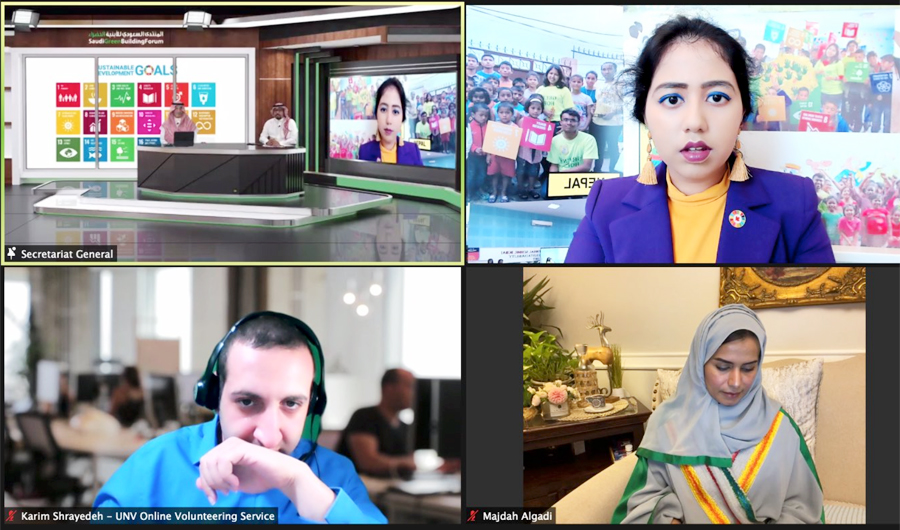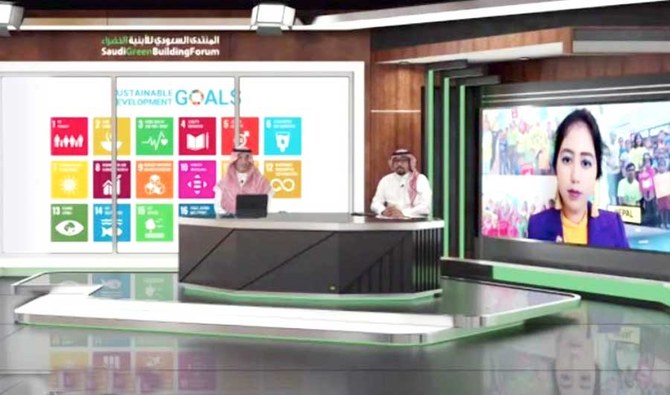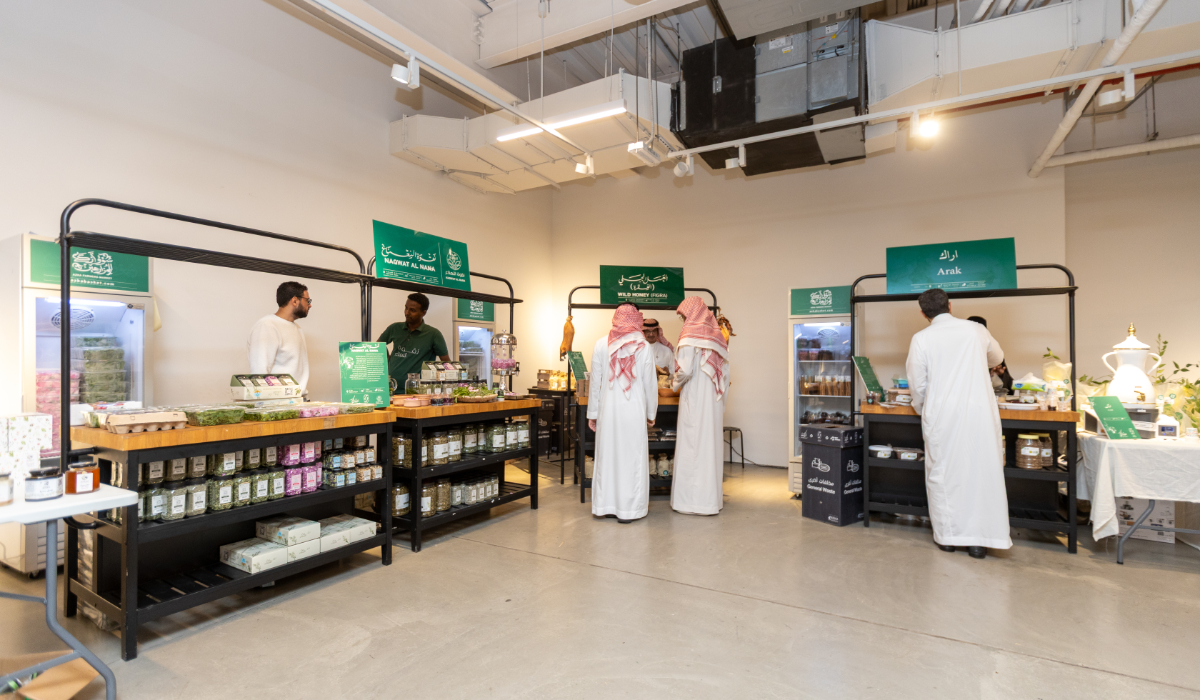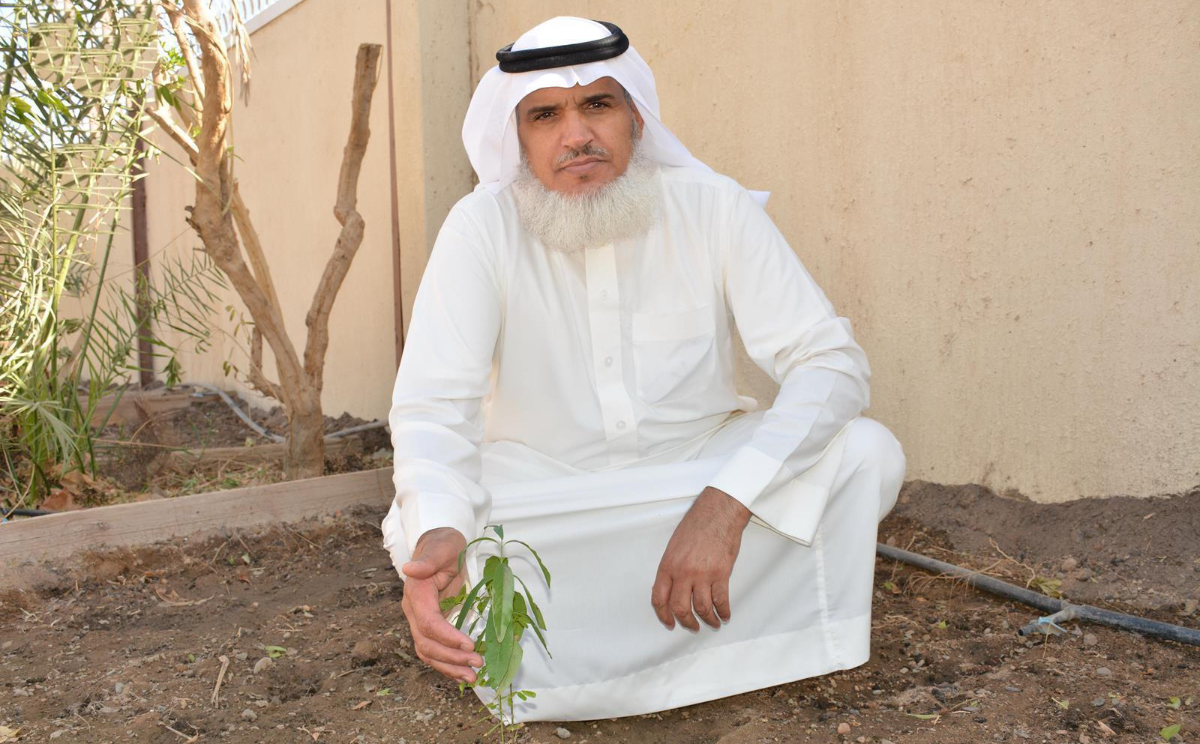JEDDAH: A virtual UN event hosted from Riyadh on Monday discussed how the world could best recover from the coronavirus disease (COVID-19) pandemic.
Speakers covered topics including the preservation of natural resources and ensuring social inclusion and equal participation in a post-COVID-19 world.
The event was hosted by the Saudi Green Building Forum, a Saudi nongovernmental organization, alongside the UN’s High-Level Political Forum on Sustainable Development, which was held between July 6-15.
The forum raises awareness about the SDGs and their application, and is one of the few established Saudi NGOs in consultative status with the UN.
This event sparked debate on how to bridge the gap between public and private sector roles to achieve the UN’s Sustainable Development Goals (SDGs).
“Holding this meeting from the Saudi capital as part of this prestigious event is an outstanding achievement, and represents a statement of Saudi civil society toward SDGs,” the secretary-general of the Saudi Green Building Forum, Faisal Al-Fadl, told Arab News.
Experts, academics, youth, and representatives of NGOs from all over the world volunteered to take part at the discussion under the title “The honest voice, bridging the gap: Climate, sustainability and resource efficiency; ensuring health, safety & the environment; sustainable and resilient recovery from the COVID-19.”
Clara Rowe, CEO of Restore — an open data platform that supports the global restoration movement — told the event: “The COVID-19 crisis has made clear the connection between human health and the health of our natural ecosystems.”
Holding this meeting from the Saudi capital as part of this prestigious event is an outstanding achievement, and represents a statement of the Saudi civil society toward SDGs.
Faisal Al-Fadl
In her speech during the first session on climate, sustainability and resource efficiency, Rowe added: “June 5 marked the launch of the UN Decade on Ecosystem Restoration, a crucial moment to focus collaboration across sectors and between nations, in order to restore our planet — for local resilience and for our collective fight against global climate change.”
UN Human Rights Champion Kehkashan Basu said that the recovery process presents a unique opportunity to rebuild a better environment and restore the balance between humanity and “Mother Earth,” to help foster “a culture of peace.”
Speakers also included the former secretary-general of the Riyadh-based International Energy Forum, Aldo Flores-Quiroga, who addressed the circular carbon economy and sustainability.
Omhani Ambre Naija, a writer and founder of Sparklink Agency — which specializes in designing sustainable business models — said: “COVID-19 is an unprecedented crisis that hit the whole world and transformed drastically the way we live, work together and do business. It is now essential to embrace the paradigm shift toward a new reality.”
Majdah Al-Qadi, a consultant and a human development planning specialist, told the discussion that there should be more support given to civil societies to enhance their participation in economic growth and national transformation.
The concluding recommendations by the speakers highlighted some long-term priorities for the future, including directing attention to natural resources, providing an infrastructure for an inclusive society, strengthening the link between policy and science, and building civil society resilience.
The speakers said that these goals should be achieved by enabling independent learning, ensuring health and safety, supporting local communities, and empowering fair systems supported by multisectoral and multidisciplinary procedures.

































